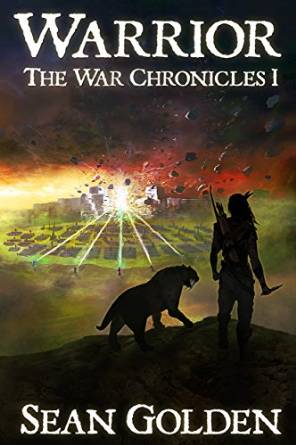This month’s theme is “It was a dark and pulpy night” and is intended to be an homage to the pulp stories that filled cheap periodicals at the turn of the last century. (I have to say, it’s still a bit of a shock to me to call 1900 “the turn of the last century,” but I digress.)
The problem is, I never read much pulp sci-fi. Not that I recall, anyway. When I was a kid, in those halcyon days of the sixties and seventies (of the last century) I was reading novels almost exclusively. I did read some anthologies of short stories, but they were mostly by authors I already knew, or the “Year’s Best Anthology of Science Fiction.” Mostly I read those authors that are now recognized as the giants of the genre, such as Heinlein, Asimov, Clarke, Pohl, Kornbluth, etc. I suppose the closest I came to “pulp” fiction was probably the works of Edgar Rice Burroughs or perhaps Sir Arthur Conan Doyle, even though that was the pulp fiction of a yet earlier century.
Anyway, the upshot is that I don’t have much to offer except some genuine curiosity. Were those pulp stories awful? Or were they so awful they were good? Or were there gems buried in the literary rubble? I suppose I’ll have to go find out. In many ways, I suppose I am the modern equivalent of the pulp fiction writer of a century ago. I self-publish my stories in electronic format, which is similar, I think, to the cultural environment those pulp authors inhabited then. And I think my stories are pretty good. So theirs probably were too. Anyway, I have to give props to anyone who has the courage to put themselves out there and deal with the reality of putting any work of art out into public view.
From what I’ve seen in the other articles on this subject and some lazy googling, it appears that the hallmark of those stories was probably a wild and vivid imagination, exercised without restraint in a world that was just coming over the threshold of a scientific and industrial revolution. There seems also to be a thread of horror or even something like paranormal influence in many of the stories.
If anyone wants to give me some recommendations of authors to start with, feel free to comment on this post and promote your favorite pulp fiction authors. I’ll check them out, and then report back here what I think of them.

 “Hey! I hear you wrote a book. What kind is it?”
“Hey! I hear you wrote a book. What kind is it?”